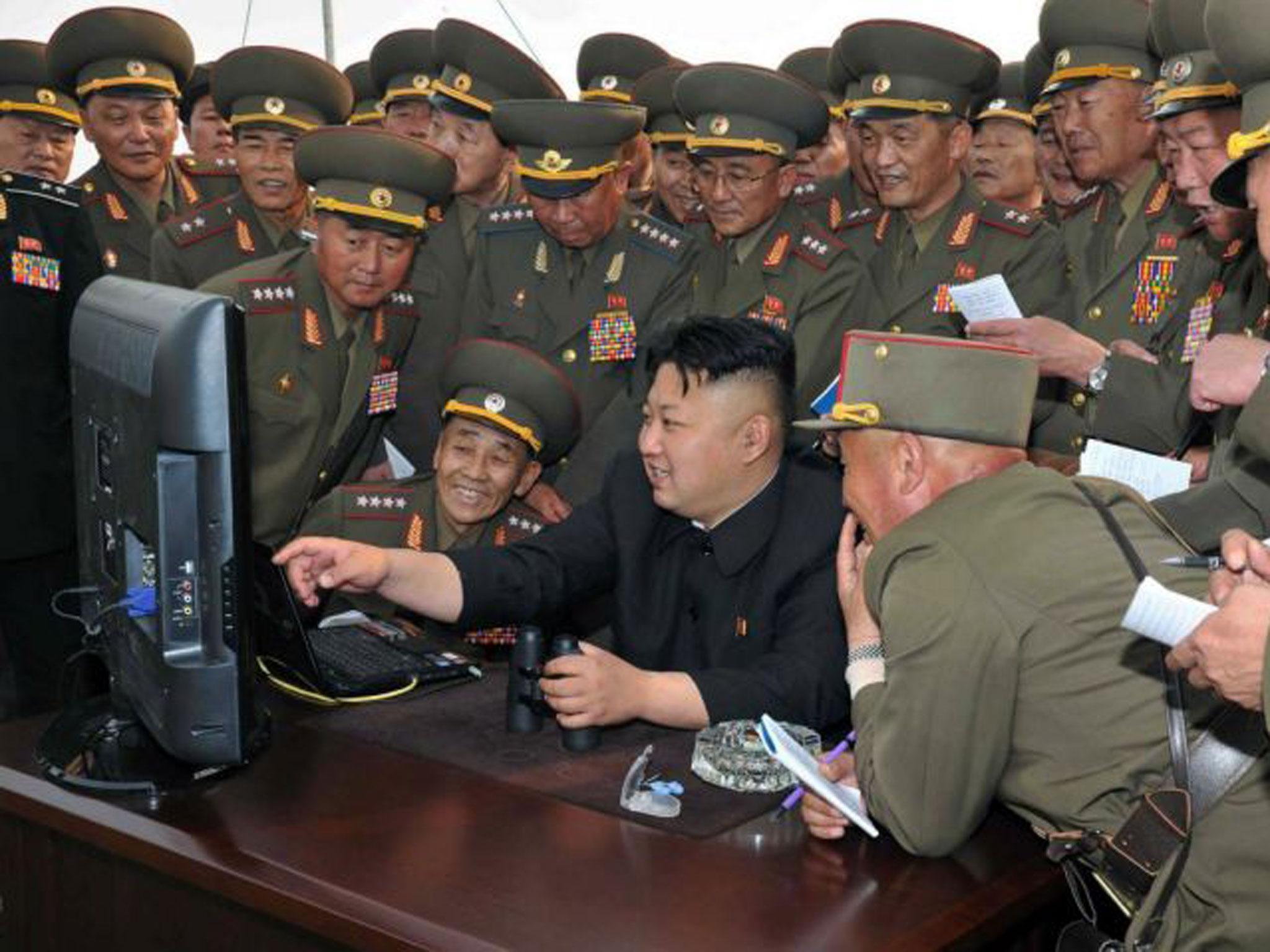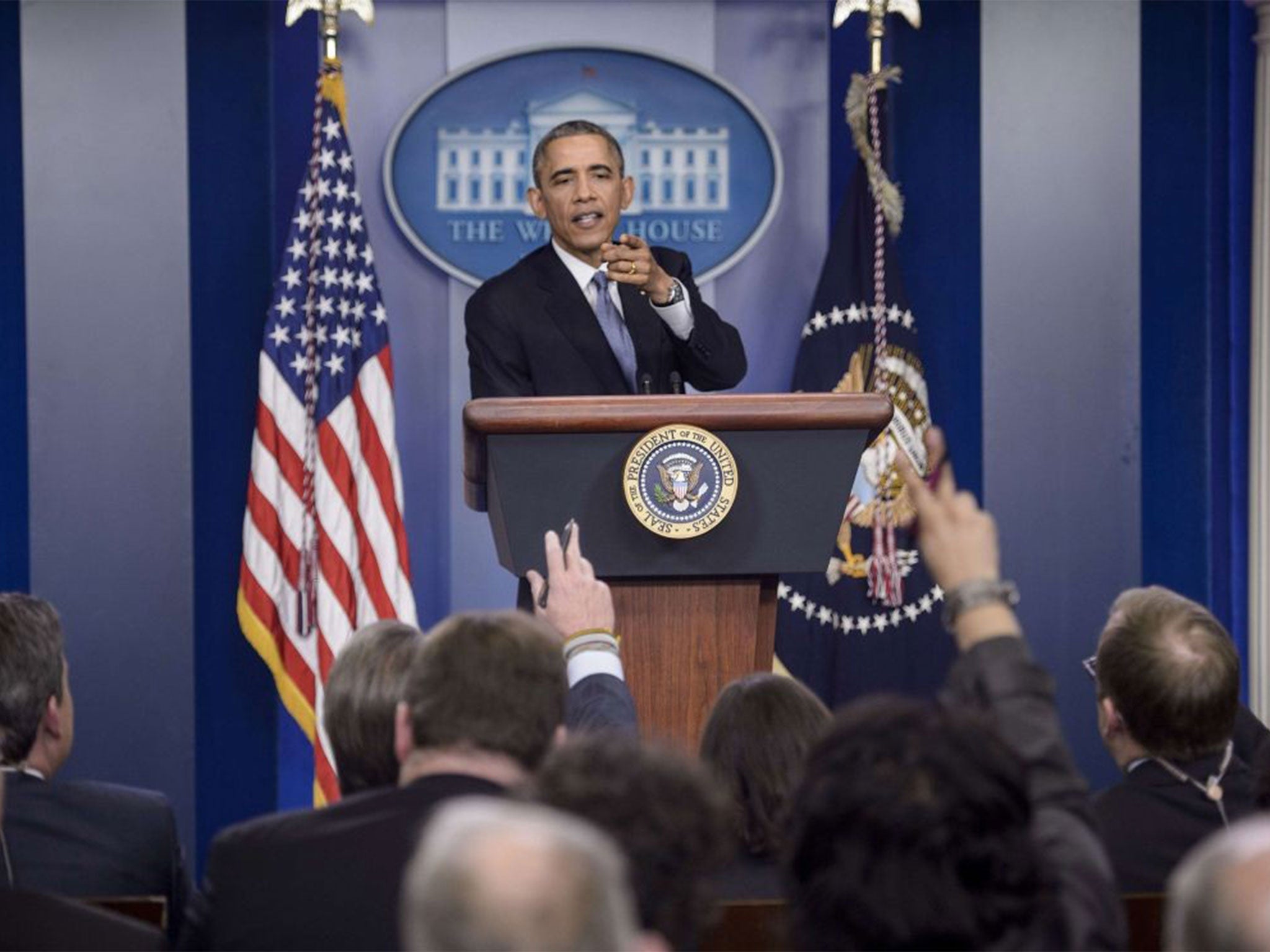North Korea's hacker army 'could kill people and destroy cities', says defector who trained them
Kim Heung-Kwang saw his computing students picked off by the government

Your support helps us to tell the story
From reproductive rights to climate change to Big Tech, The Independent is on the ground when the story is developing. Whether it's investigating the financials of Elon Musk's pro-Trump PAC or producing our latest documentary, 'The A Word', which shines a light on the American women fighting for reproductive rights, we know how important it is to parse out the facts from the messaging.
At such a critical moment in US history, we need reporters on the ground. Your donation allows us to keep sending journalists to speak to both sides of the story.
The Independent is trusted by Americans across the entire political spectrum. And unlike many other quality news outlets, we choose not to lock Americans out of our reporting and analysis with paywalls. We believe quality journalism should be available to everyone, paid for by those who can afford it.
Your support makes all the difference.Thousands of military hackers in North Korea could launch cyber attacks that could “kill people and destroy cities”, a defector has warned.
Professor Kim Heung-Kwang saw his brightest computing students picked for Bureau 121 to become “cyber warriors” for Kim Jong-un before he fled the country in 2004.
“The size of the cyber-attack agency has increased significantly, and now has approximately 6,000 people,” he told BBC Click.
“The reason North Korea has been harassing other countries is to demonstrate that North Korea has cyber war capacity.
“Their cyber-attacks could have similar impacts as military attacks, killing people and destroying cities.”
Professor Kim, who taught at Hamheung Computer Technology University, believes hackers are building malware based on the “Stuxnet” attack on Iranian nuclear centrifuges, which was attributed to the US and Israel.
Although the threat is theoretical, up to 20 per cent of North Korea’s military budget is believed to go into online operations.
The government dismissed accusations that it was behind last year’s Sony Pictures hack as “groundless slander” but praised the attack as a "righteous deed".
It delayed the release of The Interview, offering a comedy take on the fictional assassination of Kim.
Known attacks have targeted South Korean infrastructure and Seoul blames its northern neighbour for a hack on a hydro and nuclear power plant earlier this year.

The warning came as an American research institute said satellite imagery showed significant new construction at North Korea's main rocket launch site for a possible space programme.
The secretive state has been banned from launching rockets or technology that could launch ballistic missiles by the UN Security Council but Kim declared this month that its space programme “can never be abandoned”.
Pyongyang claims work at the Sohae launch site, which blasted its first rocket into space in December 2012, is peaceful.
In Seoul on Wednesday, nuclear envoys from South Korea, the US and Japan urged Pyongyang to engage in serious negotiations on its nuclear weapons.
Additional reporting by AP
Join our commenting forum
Join thought-provoking conversations, follow other Independent readers and see their replies
Comments